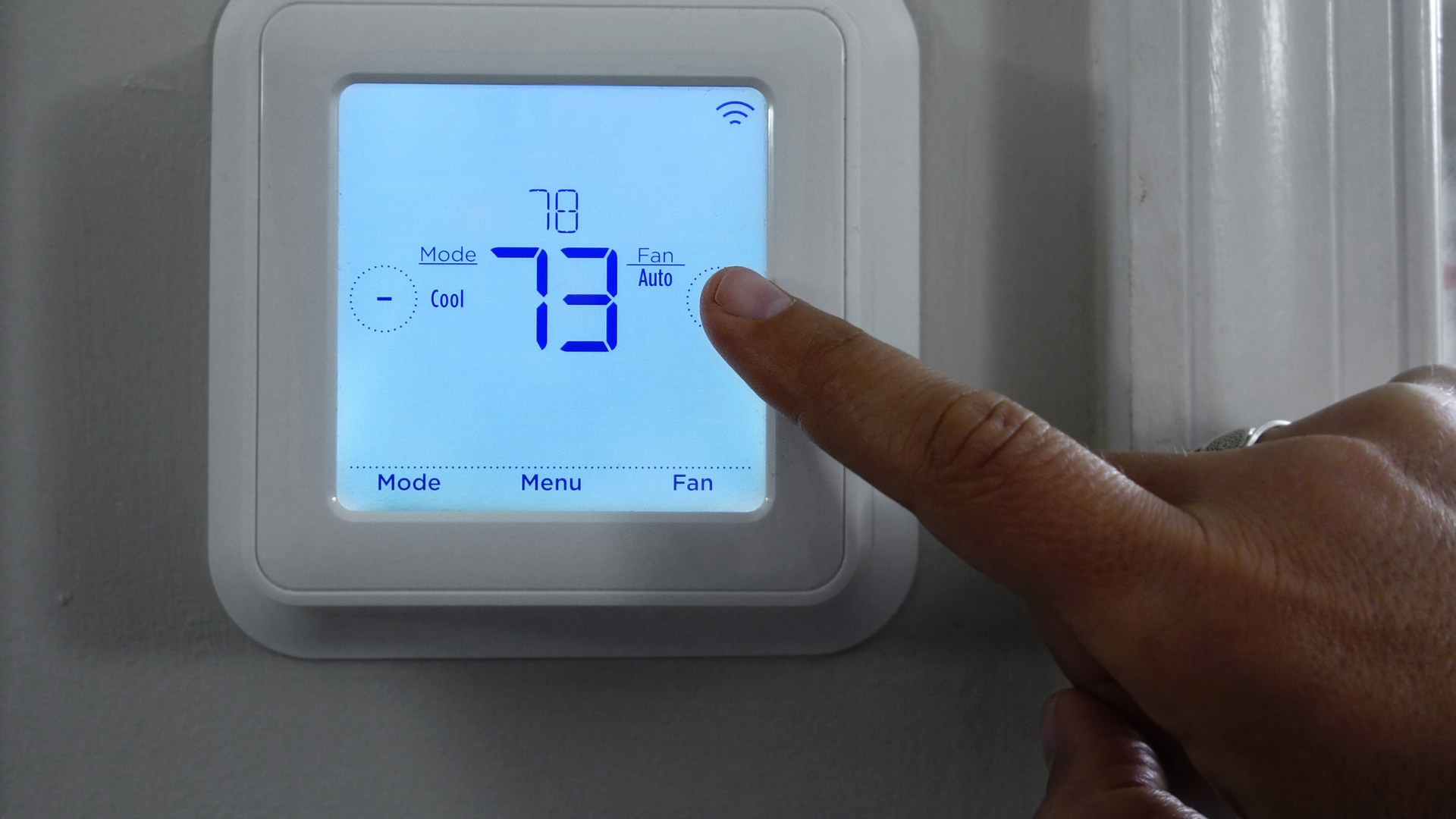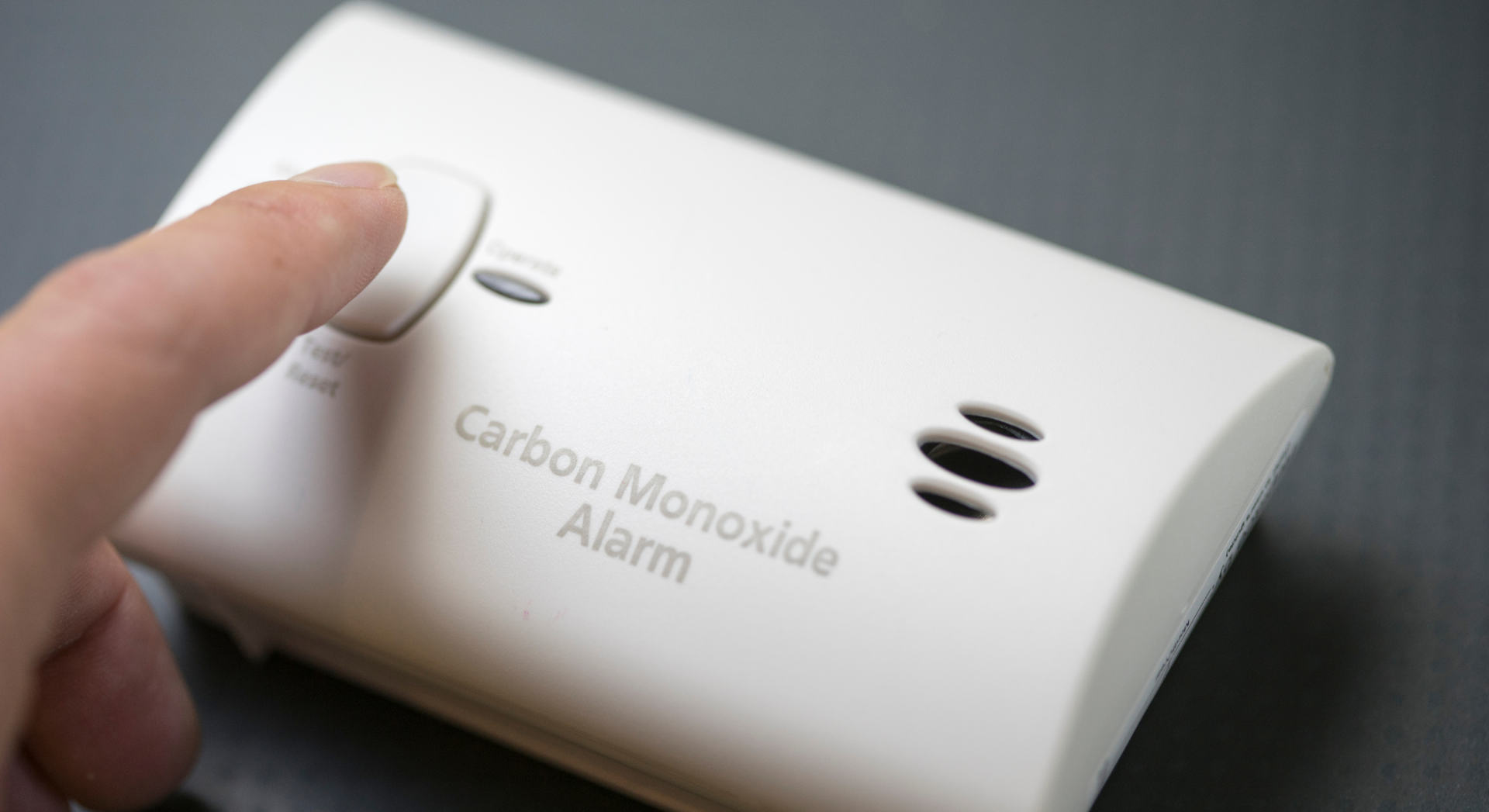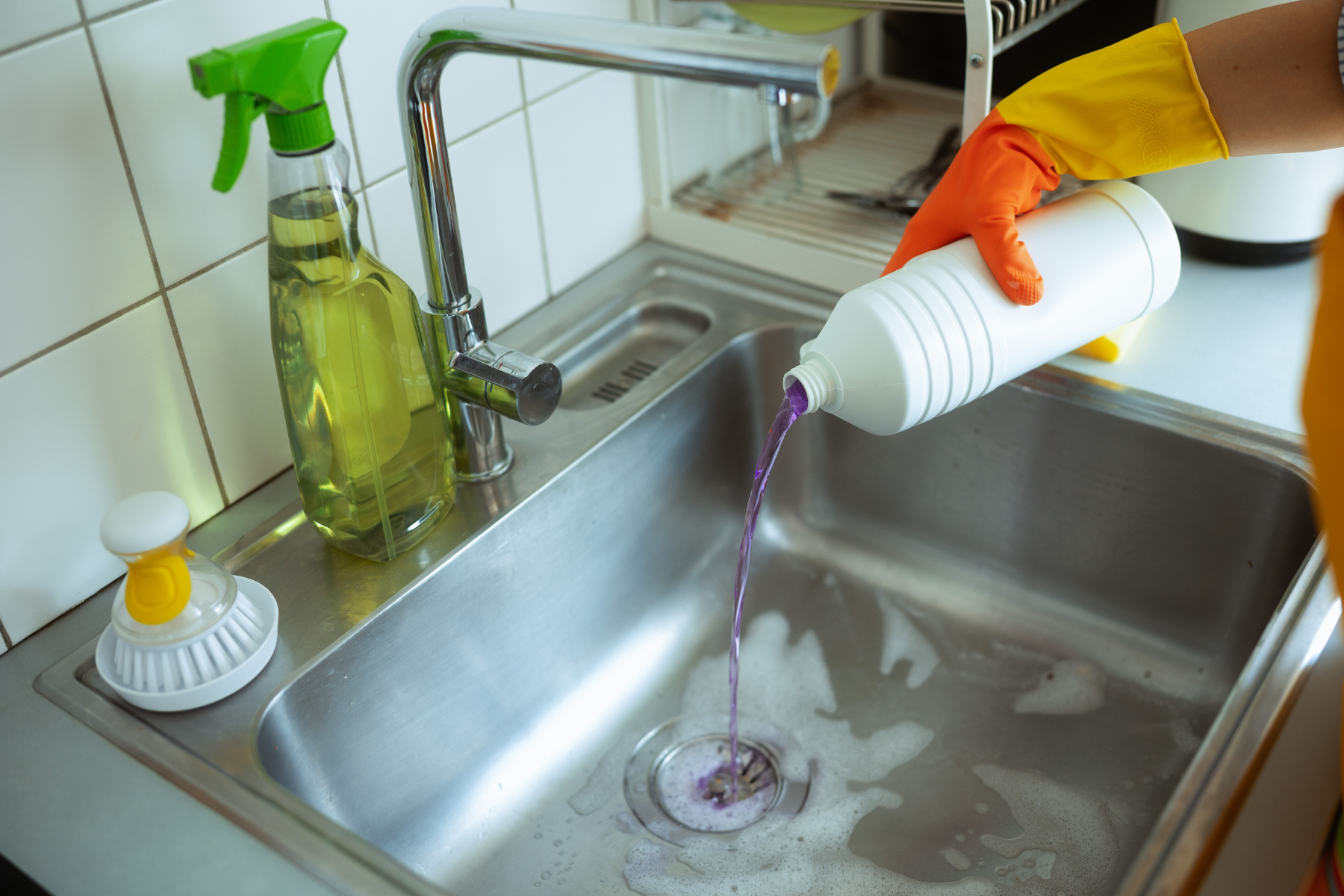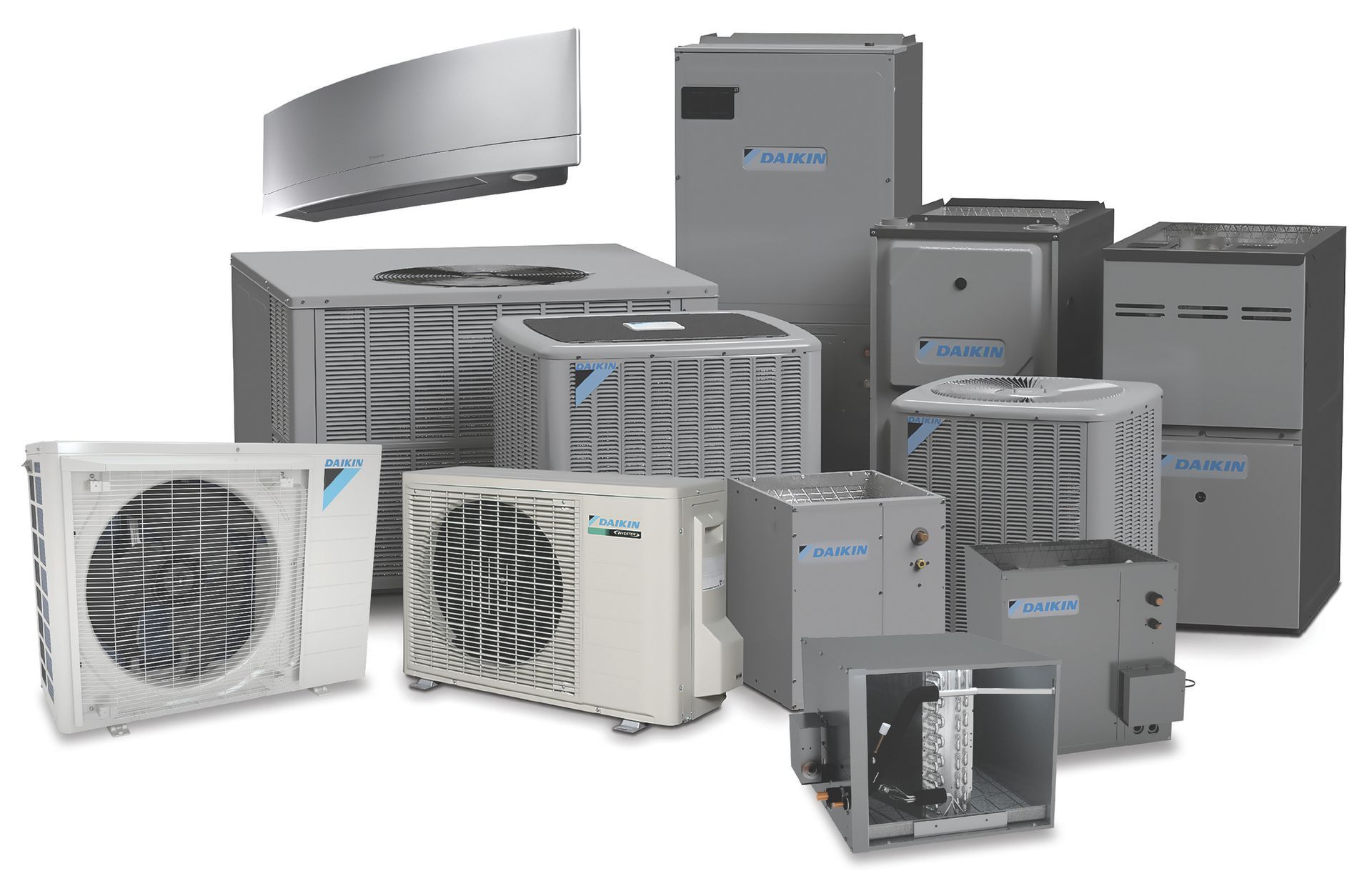Should You Turn Off Your AC When You Leave the House
Should You Turn Off Your AC When You Leave the House? The Cost vs. Comfort Debate

It’s the classic summer energy dilemma: You’re walking out the door for a full day of work or a weekend trip, and your hand hovers over the thermostat. Should you switch the air conditioner off completely to save money, or leave it running?
The short answer is: Don’t turn it off. Turn the temperature up.
The difference between setting your thermostat to a higher temperature versus shutting the system down entirely is key to balancing energy savings, home protection, and comfort.
The Daily Dilemma: Gone for Eight Hours
When you leave for a typical workday, completely shutting down your AC might seem logical, but the energy math often doesn't add up.
Cost vs. Benefits of Shutting the Unit Off
Shutting AC Off
Potential Benefit: Saves energy while the home is unoccupied.
Potential Cost: The house heats up significantly (often 85°F+), forcing the AC to run longer and work harder to remove the accumulated heat and humidity upon your return. This sustained, intense cooling period often uses more energy than simply maintaining a higher temperature.
Turning AC Up
Potential Benefit: Reduces the rate of heat gain, saving energy. You can save up to 10% on cooling costs by setting the temperature back 7-10 degrees for eight hours a day.
Potential Risk: Because the house remains manageable, and the AC is more efficient when cycling to maintain a smaller temperature difference, the extra energy usage is negligible.
The Right Move: The 5 to 10 Degree Rule
For daily absences, the most efficient choice is to raise the thermostat 5 to 10 degrees above your comfortable setting.
If your comfort setting is 72°F, set the thermostat to 77°F to 82°F.
This setback slows the rate at which heat enters your home, resulting in meaningful energy savings, while preventing the home's core temperature from rising so high that the unit struggles to recover. If you have a smart or programmable thermostat, schedule it to begin cooling back down about an hour before you arrive home.
The Extended Trip: Leaving for a Few Days
When you are going to be gone for two, three, or even seven days, the rules shift slightly, but the core recommendation remains the same: do not turn the unit off.
While completely shutting the unit off for an extended period would technically result in the largest gross energy savings, the risk to your home makes it a poor choice, especially in humid climates.
Humidity and Mold: The Hidden Danger
Your AC unit is not just a cooler; it is a dehumidifier. When you leave the system off for days in the summer, especially in areas prone to high humidity (e.g., the Southeast or Midwest), the indoor relative humidity (RH) can quickly rise above 60%.
Mold Risk: Humidity levels above 60% create the ideal breeding ground for mold and mildew. Coming home to a hot, musty, moldy house is a costly problem that far outweighs a few dollars saved on electricity.
Structural Damage: High heat and humidity can also cause wood flooring to warp, damage sensitive electronics, and crack expensive furniture.
The Right Move for Vacation: The Home Protection Setting
For extended trips, set your AC to a temperature that allows it to run just enough to control humidity and prevent heat damage.
Set the thermostat between 80°F and 85°F.
This setting provides enough runtime to dehumidify the air while still banking significant energy savings over multiple days.
Final Takeaway
Whether you are gone for a day or a week, the most cost-effective and protective action is to raise your thermostat, not shut it off. Investing in a smart or programmable thermostat is the easiest way to manage these temperature setbacks automatically, ensuring a cool, dry, and efficient home upon your return.
Click Another Article to Read More










